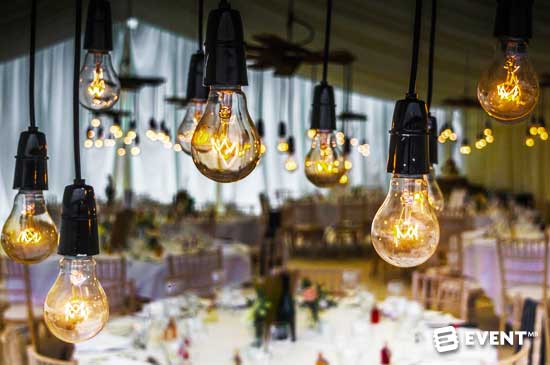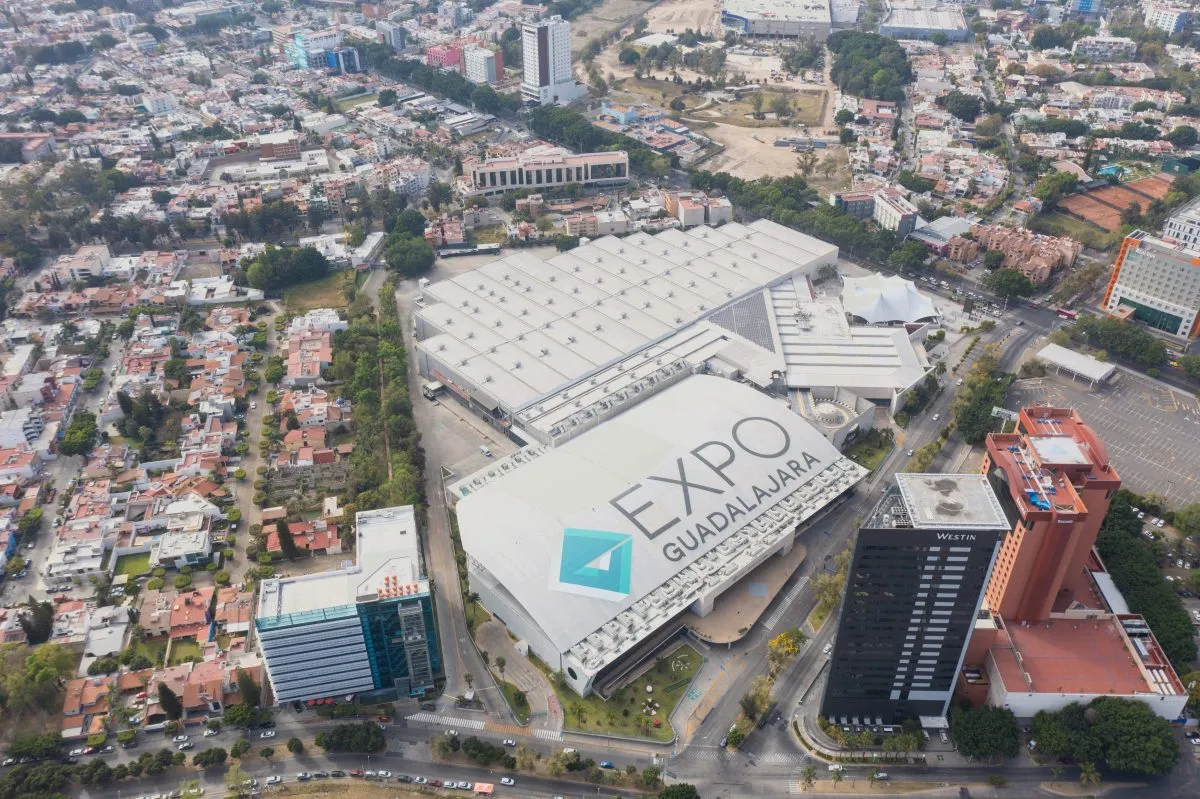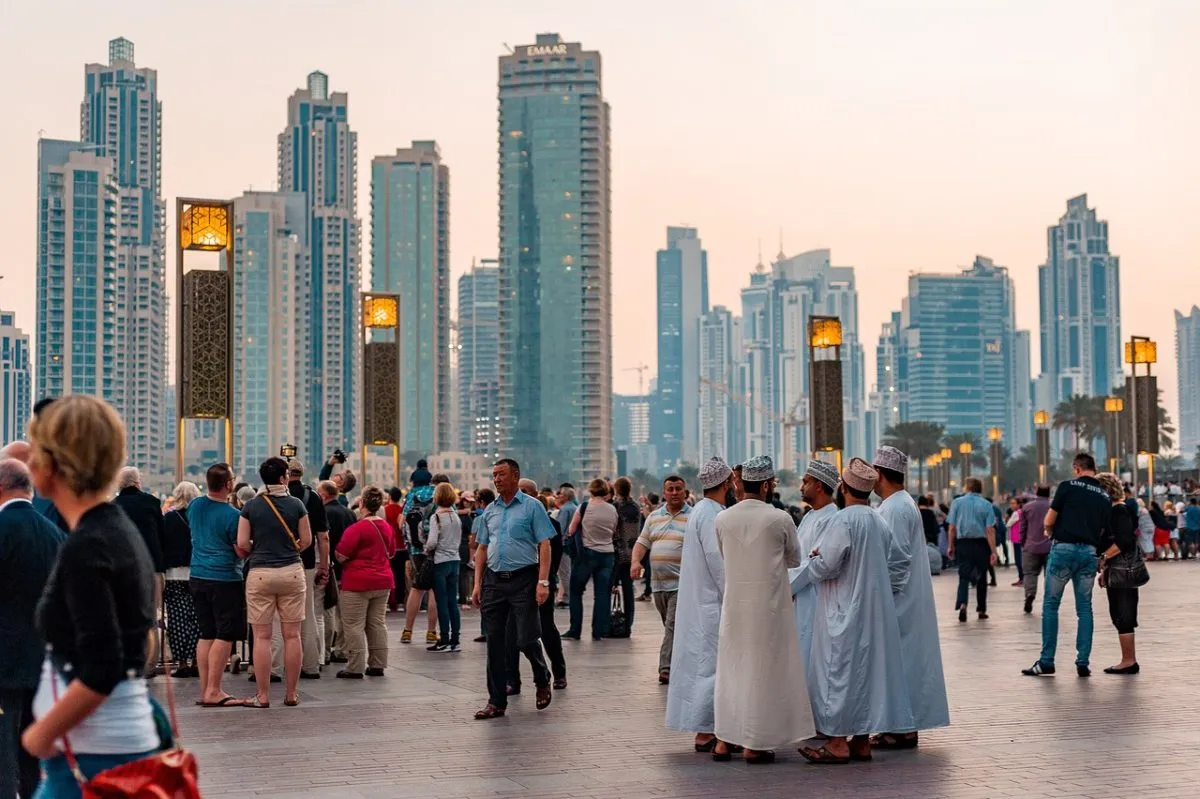7 Steps to Customizing Your Venue Selection

Skift Take
If you’re an event planner working with a specialized organization or brand with a dedicated mission, it can be very effective to find ways to connect your event venue to the goals of your organization. But how do you do it and ensure it doesn’t affect what your past attendees have come to expect from you? You do it with a little creativity and these other tips.
##abovethefold##
Why Venue Selection Is So Important
Your venue selection can do several things:
- Sets the tone for your event
- Attracts attendees
- Reminds people who your organization is and what it is trying to do
This last action is important for organizations with a limited budget such as nonprofits or charities. A well-thought out venue can remind attendees of your mission and entice them to get behind it; while a poorly selected one may cause people to think you don’t need the money after all.
So how do you find a venue that closely aligns with what it is you do and is a good fit? You need to carefully consider who you are as a group.
How to Connect Your Mission to Your Event Venue
Personalization is a major buzzword around events these days. Most event planners are looking at ways in which to use data and activity history to personalize everything from speaker options to learning outcomes, to food.
So why are we still using availability and price to select the venues? Don’t misunderstand, these things are very important and you can’t book the venue without it being available or within your budget, but it’s also a good idea that you select a venue that mirrors your organizational mission too. For instance, an environmental group would never select a destination or venue that didn’t match its best practices for being green.
Steps to Selecting a Personalized Venue
You don’t have to be an environmental group to benefit from securing a venue that matches your organization’s mission. You just need to follow these suggestions:
- Decide how your mission relates to event venues. For instance, are you an outdoor hiking organization? Then why host your event inside?
- Think outside of the norm. A venue can be almost anywhere that they’ll let you assemble a group of people if you have the money to fit the location for what it needs. For a bird watcher’s group, a meadow may be extremely fitting. Don’t box yourself in initially with thinking that your venue needs four walls. Think about how your attendees would describe your organization and then try to find a venue that fits that description.
- Make a short list of possible locations and visit them. Do they feel like your organization? Can you see yourself there? This is the same process you take when walking through a house you’re thinking about buying.
- Consider your attendee demographic. Are they in town or will they travel and require overnight accommodation? This is something you’ll want to consider before booking a venue way out of the norm. Fields are nice but if they need places to stay it’s important you understand whether your attendee is the camping, glamping, or hotel type.
- Ask yourself whether this space meets your needs and goals. The cool factor is important but it can’t be missing one of your essential needs, nor should it be so creative that is makes it difficult for you to achieve your goals. If your goal is to raise money, you don’t want to give your pitch at a whitewater rafting event, for instance, because people will leave wallets behind.
- Work with a special venue locator. There are a few businesses in large cities that will help you find the perfect venue for your organization. They can help you find just the sort of non-traditional spaces you might be looking for. Here are some more tips and unusual ways to track down the perfect venue.
- Tie your venue into your mission by highlighting it in some way. If your event is a fundraising one, for example, find a way to tie your venue into what you’re raising funds for. You can also use it as an example. Imagine your event is raising funds to save an old church. Selecting a historic venue that was saved from destruction by an organization like yours can help people see the possibility of what you’re asking for.
A Few Things to Keep in Mind with Non-Traditional Venue Selection
Non-traditional venues can do a beautiful job reflecting your organization’s mission but there are a few things to keep in mind before selecting one:
- Know what you don’t know. When you select a non-traditional space for your event, there are things you’ll need to consider that you wouldn’t have to if you booked the local ballroom. If it is a dry-hire venue or non-purpose built you will most likely need to bring in your own tables, chairs, linens, food, utensils, technology, etc.
- Make sure you have access to electricity. Fields are lovely but there are a lot of creature comforts that need to be addressed in those situations.
- Have they hosted an event before? It’s not essential but helps since non-traditional spaces demand a little more of a hands-on approach and are less turnkey.
- As mentioned above, it’s important to know whether your attendees will be local or from out of town. If they’ll be traveling to attend, you’ll need accommodation. Either way, you’ll need parking so find out what your options are on these things before booking.
You don’t always need a non-traditional space for your venue for it to feel personalized and in-line with your organization. Sometimes all it takes is changing the time for your event. For instance, if you’re an organization of bird watchers that always has an evening reception in a ballroom, switching it to the museum gardens during the day can breathe new life into it and allow for enjoyable conversation about the birds who are also in attendance.
In Conclusion
The venue is an extremely important part of your event. It drives attendees and sets a theme. Yet most event planners use budget and availability to shape this important decision. Instead, look for venues that fit your organization. Personalizing your venue search and selection to reflect your mission can make a big impression on your audience.
Additional Reading for Selecting a Venue
14 Things Venue Staff Expect from Event Planners
10 Venues that Put Event Planners First
The Three Questions You Need to Ask Your Venue Today
10 Venues that Seem to Come from a Sci-Fi Movie




